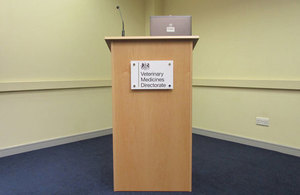Phil Gormley has been appointed to take up the dual roles of Her Majesty’s Inspector of Constabulary and Inspector of Fire & Rescue Authorities in England.
Mr Gormley will oversee inspections primarily in the North of England and will play a key role in carrying out the national inspection of fire and rescue authorities and the annual all-force policing inspection by Her Majesty’s Inspectorate of Constabulary and Fire & Rescue Services (HMICFRS).
Mr Gormley has worked in UK policing and law enforcement for 32 years, including periods as Chief Constable at Norfolk Constabulary and Police Scotland.
He also served as the deputy director-general of the National Crime Agency.
Mr Gormley said:
Policing and public service have been my life’s work, so I am delighted to be appointed by Her Majesty.
I look forward to working with colleagues at the Inspectorate and across policing and fire and rescue to continue to improve these vital services.
Mr Gormley was selected following a stringent recruitment process, which followed the Office of the Commissioner for Public Appointments (OCPA) Code of Practice.
The selection panel was led by an independent chair, Amanda Campbell, CEO of the Parliamentary and Health Service Ombudsman. It also included a senior civil servant and Sir Thomas Winsor, HM Chief Inspector of Constabulary and Chief Fire and Rescue Inspector for England.
HMICFRS inspectors are then appointed by HM The Queen on the advice of the Home Secretary and the Prime Minister.
